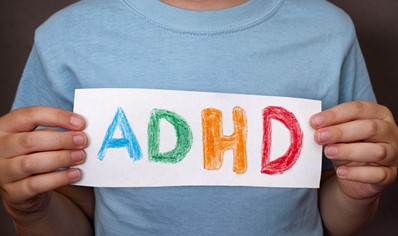
How Your Child’s Behavioral Health Medication Can Help Them at School
August 14, 2024
The start of a new school year can be an exciting time. But for students with behavioral health issues, it can also be challenging. Going from a relaxed summer routine to the demands of a school schedule can make it harder to cope with mental health conditions like anxiety, depression, and attention-deficit/hyperactivity disorder (ADHD).
For students with anxiety and depression, medicine can help stabilize their mood, reduce symptoms, and improve overall well-being. Students with ADHD may rely on medicine to improve their focus, attention, and impulse control.
If your child takes medicine for these conditions, it is especially important to stick to a medication schedule. Skipping doses or stopping a medication without a doctor’s approval can make symptoms worse.
When you talk to your child’s provider, be honest about how the medicine is working – including any negative side effects. This will help the provider find the right type and dose of medicine to improve your child’s symptoms. If your child needs to change their medicine – or if it is no longer needed – the provider will help them make a plan to reduce or stop taking it.
Know When to Seek Help
It is important to know when to get help for mental health issues. If your child has any of these symptoms, it may be time to get professional help:
- They have long periods where they feel sad, hopeless, or irritable.
- They have a sudden drop in their performance at school.
- They have trouble concentrating or feel a lack of motivation.
- They isolate themselves from friends, family, and social activities.
- They have major changes in their appetite or sleep patterns (like having trouble sleeping, or sleeping too much).
- They think or talk about harming themselves.
Talk to a healthcare provider about these issues as soon as possible to prevent more setbacks. Your child may need several appointments to manage their mental health – and it is important to attend all of them. Your child should always tell their provider exactly how they are feeling. This will help the provider adjust their treatment plan if needed.
Make sure you keep good records on your child’s mental health. It’s also a good idea to make a crisis plan. This will help your child’s support system know what to do in an emergency.
- Click here to view a sample plan in English.
- Click here to view a sample plan in Spanish.
Is your child currently thinking about hurting themselves? Contact their mental health provider, call 9-8-8, or go to urgent care.
Do you need a referral or help finding mental health services? Call Carelon at 1-800-945-4644. Ask for providers in your area or request a telehealth appointment. Remember, getting help is a sign of strength!



